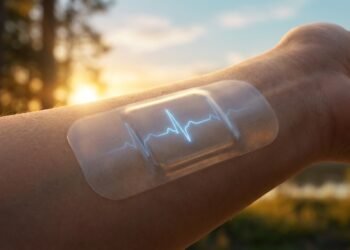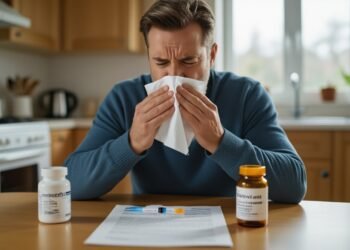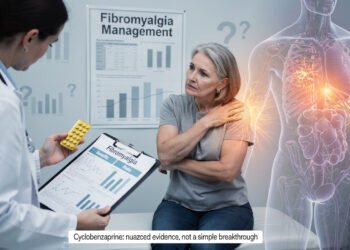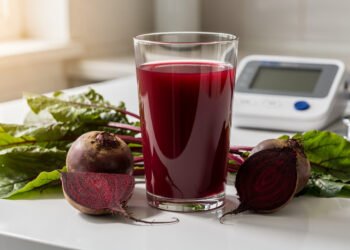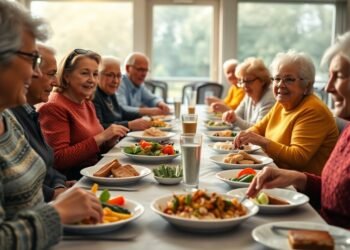On Lifestyle Matters show this week
COLTE – how to entrain your sleep wake cycle.
This week I chatted with Dr Saveena about the factor that help regulate our sleep wake cycle.
Our natural sleep-wake cycle is more than 24 hours. So, we need to constantly entrain our sleep-wake cycle to the natural day night cycle that does last 24 hours. We do this by use of zeitgebers which are environmental time cues. The most significant zeitgeber is light.
Daylight, and particularly blue light which has a wavelength of approximately 480 nm has an activating effect. It suppresses melatonin secretion; it increases cortisol secretion and activates our sympathetic nervous system causing an increased heart rate and blood pressure. These effects are all beneficial in the morning when we need to get up and face the challenges of the day. Prior to the advent of industrial lighting, the evening, associated with dim light allowed the secretion of melatonin which then caused drowsiness and prepared us for sleep. This interaction between external light and darkness therefore kept our sleep wake cycle entrained to the 24-hour day.
However, with the advent of industrial lighting we are exposed to light, including blue light, well into the evening which can have the effect of causing inappropriate activation and interfere with melatonin secretion and the onset of sleep. Lack of exposure to daylight can also have an adverse effect on sleep by rendering the body more sensitive to even low levels of evening light further impairing the natural sleep wake cycle. Therefore, we need adequate exposure to daytime light and night-time darkness to sleep well.
Light however is not the only factor that can affect our sleep. If we look at the COLTE mnemonic C stands for carbohydrates. When we ingest carbohydrates, the insulin rise also stimulates intracellular storage of amino acids, all except tryptophan. Therefore, in the presence of a high carbohydrate load the relative concentration of tryptophan increases. Tryptophan is then metabolised to serotonin and melatonin which as we know contribute to sleep.
This effect occurs maximally four hours after ingestion of carbohydrates so we should be eating our last meal of the day four hours before out anticipated sleep time.
O stands for osmolality. Osmolality refers to the salt and water content of body fluids. During early sleep blood vessels dilate which reduces blood pressure and allows heat to escape from the core to the peripheries. High salt content or relative dehydration impairs the dilation of blood vessels and therefore impairs the reduction of blood pressure and the core body temperature that need to occur in early sleep.
T stands for temperature. AS discussed above early sleep requires a reduction of core body temperature and an increase in peripheral temperature. Therefore, we need to be mindful of the ambient bedroom temperature and we may benefit from wearing bed socks to keep our peripheries warm to facilitate early sleep.
E stands for exercise. Exercise activates our adrenaline and cortisol, hormones which activate us. Therefore, we should exercise in the early morning preferably outdoors to catch the morning light. Exercise in the late afternoon may also be beneficial in promoting unbroken sleep. Exercise prior to attempting sleep however is not advisable. All that adrenaline and cortisol surging through our bodies will just keep us awake.
So, we can see that COLTE (carbohydrates, osmolality, light, temperature and exercise) relate to the factors that can influence how well we sleep at night. An understanding of how to manipulate these factors is an essential component of the lifestyle medicine interventions that we can offer for people with sleeping difficulties.



